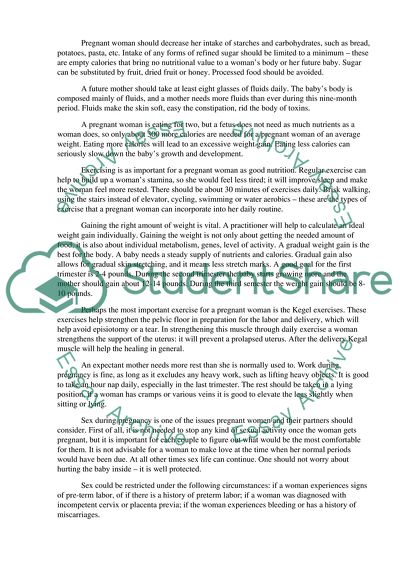Cite this document
(What to Expect When You're Expecting (book) Essay, n.d.)
What to Expect When You're Expecting (book) Essay. https://studentshare.org/medical-science/1768003-good-nutrition-and-pregnancy
What to Expect When You're Expecting (book) Essay. https://studentshare.org/medical-science/1768003-good-nutrition-and-pregnancy
(What to Expect When You'Re Expecting (book) Essay)
What to Expect When You'Re Expecting (book) Essay. https://studentshare.org/medical-science/1768003-good-nutrition-and-pregnancy.
What to Expect When You'Re Expecting (book) Essay. https://studentshare.org/medical-science/1768003-good-nutrition-and-pregnancy.
“What to Expect When You'Re Expecting (book) Essay”. https://studentshare.org/medical-science/1768003-good-nutrition-and-pregnancy.


